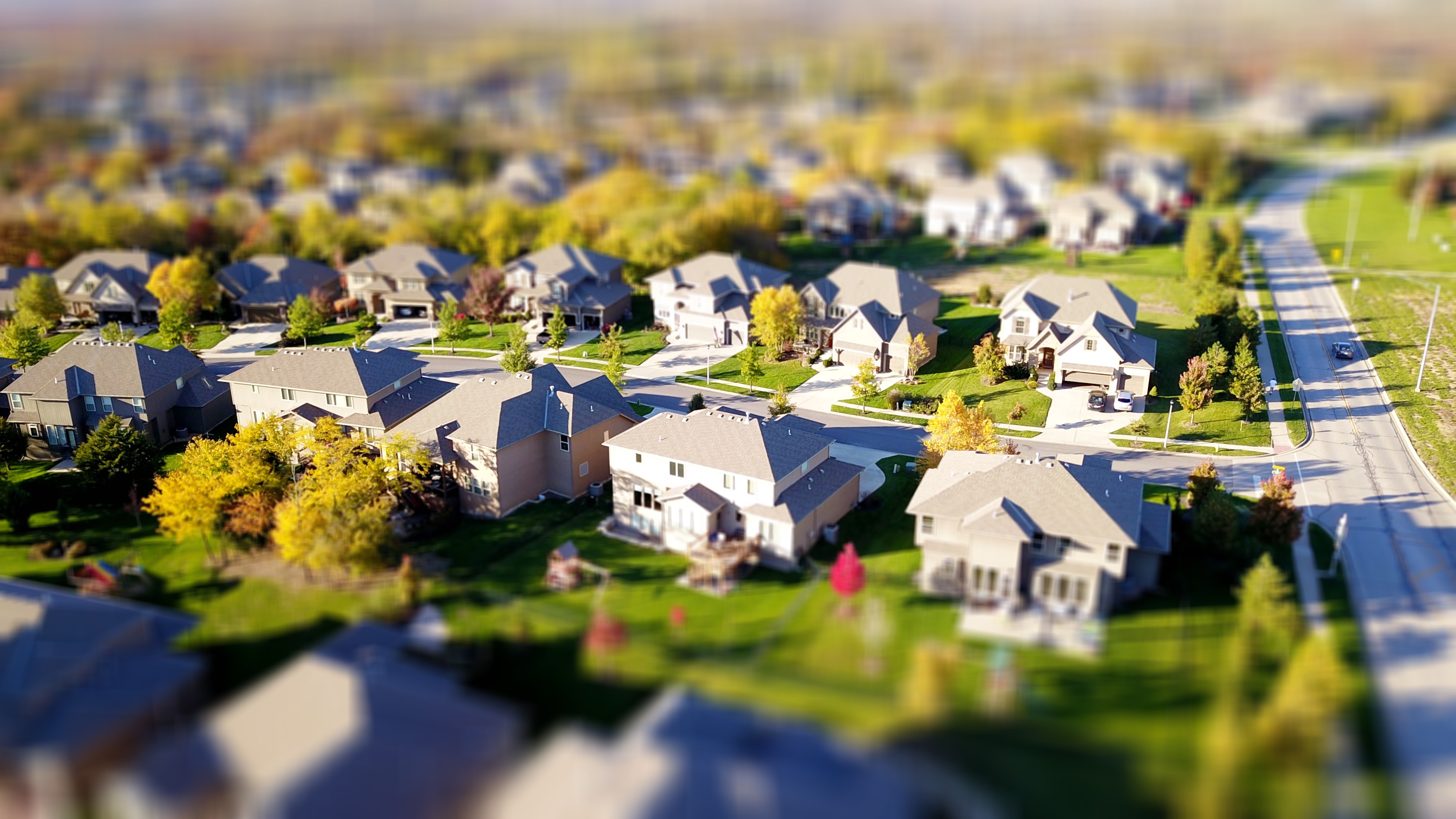The Future of Real Estate: Trends and Opportunities to View
As the genuine estate landscape evolves, it becomes significantly essential to understand the emerging trends and opportunities that will define the industry in the coming years. With these dynamics at play, a closer examination of the strategies and adjustments needed for success exposes interesting opportunities that can improve investment methods and market behaviors.
Technological Innovations in Realty
In recent years, the realty field has actually welcomed a wave of technical developments that are transforming typical practices. These advancements have dramatically boosted performance, transparency, and decision-making procedures within the industry. One of one of the most notable technologies is the increase of large data analytics, which permits property specialists to examine market trends, forecast property values, and recognize investment possibilities with unmatched precision. This data-driven method makes it possible for stakeholders to make educated choices and minimizes the dangers linked with property purchases.
Furthermore, digital fact (VIRTUAL REALITY) and enhanced truth (AR) technologies are changing residential or commercial property advertising and marketing by providing immersive experiences for potential buyers and renters. These devices allow clients to perform virtual excursions of buildings, therefore improving the search process and improving client involvement. Blockchain modern technology is obtaining grip as a means to secure purchases and preserve transparent documents, therefore lessening scams and speeding up the closing process.
Smart home technologies are additionally coming to be progressively prevalent, making it possible for homeowners to check and manage their residential or commercial properties remotely (Real Estate Lockhart). Collectively, these technological innovations are reshaping the landscape of genuine estate, cultivating an extra effective, clear, and customer-centric market
Need for Lasting Characteristics
As consumers progressively prioritize environmental responsibility, the demand for sustainable homes has surged in the real estate market. This change shows a wider societal fad toward sustainability, with buyers and financiers seeking properties that lessen ecological effect while taking full advantage of power effectiveness. Attributes such as solar panels, energy-efficient devices, and sustainable structure products are now deemed vital instead than optional.

Additionally, the rise of environmentally friendly communities, which prioritize walkability and accessibility to public transport, additionally highlights this pattern. These advancements attract environmentally mindful purchasers and promote a healthier way of living.
As the need for sustainable homes proceeds to rise, industry stakeholders must adjust to these expectations. By embracing innovative techniques and focusing on sustainability, the realty sector can not just meet consumer demand yet additionally add to a more lasting future.
Transforming Purchaser Demographics

Additionally, the aging populace is improving need for housing. Baby boomers are seeking scaled down houses that use access and reduced upkeep, frequently favoring city setups with close-by amenities. This change demands a concentrate on multi-generational real estate options that fit varying demands.
Moreover, multiculturalism is playing a crucial function in property fads. Purchasers from different backgrounds bring distinct preferences and expectations, triggering designers to create inclusive atmospheres that satisfy a bigger audience. As these market shifts remain to progress, property experts need to adapt their approaches to address the demands of these different customers. Understanding these altering demographics will certainly be vital in recognizing crafting and arising possibilities customized marketing approaches that resonate with the varied requirements of today's market.
Surge of Remote Job Impact
Increasingly, the surge of remote job is changing the property landscape, triggering substantial shifts in buyer preferences and location choices. As staff members appreciate the versatility of working from home, many are reassessing their property needs, leading to a rise popular for properties in country and rural areas. This pattern is mostly driven by the need for even more sizable living environments that can accommodate home offices and a much better lifestyle.
Moreover, urban centers, when the prime focus for buyers, are seeing a progressive decrease popular as individuals prioritize affordability and access to nature. Consequently, realty designers and capitalists are changing their emphasis towards residential properties that supply site link home office spaces, outdoor facilities, and distance to essential services.
Genuine estate professionals have to adapt to the changing preferences of buyers, stressing the value of way of living variables in their advertising strategies. The ramifications of remote work on actual estate are profound, forming future fads and possibilities.
Financial Investment Opportunities in Arising Markets
Investment opportunities in emerging markets are consistently standing out from real estate financiers seeking diversity and growth capacity. These markets, characterized by fast economic advancement, increasing urbanization, and an expanding middle course, existing unique leads for smart capitalists. Countries in Southeast Asia, Africa, and Latin America are experiencing significant framework renovations and beneficial federal government plans, which even more enhance their charm.
Genuine estate industries such as residential, industrial, and logistics are experiencing increased demand as a result of urban migration and developing consumer choices. Notably, cities like Ho Chi Minh City, Nairobi, and Medellín are ending up being hotspots for financial investment due to their increasing economic situations and younger demographics.
Capitalists ought to carry out comprehensive market analyses to determine key patterns, such as changes in populace dynamics and economic stability, which can affect property worths. Furthermore, collaborations with regional property companies can help with effective access and navigation in these markets.
However, it's vital to be mindful of prospective risks, including political instability and regulative difficulties. By considering these elements and embracing a long-lasting perspective, capitalists can properly profit from the financially rewarding opportunities emerging in these developing areas.

Conclusion
In verdict, the future of real estate will certainly be dramatically affected by technical improvements, an check my reference expanding emphasis on sustainability, and developing purchaser demographics. Browsing this transforming landscape will certainly need strategic partnerships and an eager understanding of market characteristics to exploit on the fads forming the sector.
As the real estate landscape evolves, it ends up being significantly vital to comprehend the emerging fads and opportunities that will certainly specify the market in the coming years. One of the most noteworthy innovations is the rise of big information analytics, which allows genuine estate professionals to evaluate market fads, anticipate property values, and recognize financial investment chances with extraordinary accuracy.As consumers increasingly prioritize ecological duty, the need for sustainable properties has risen in the actual estate market. The implications of remote job on real estate are extensive, shaping future fads and chances.
Investment opportunities in arising markets are consistently attracting focus from genuine estate financiers seeking diversity and development potential.
Comments on “Real Estate Lockhart: The Best Neighborhoods for Homebuyers”